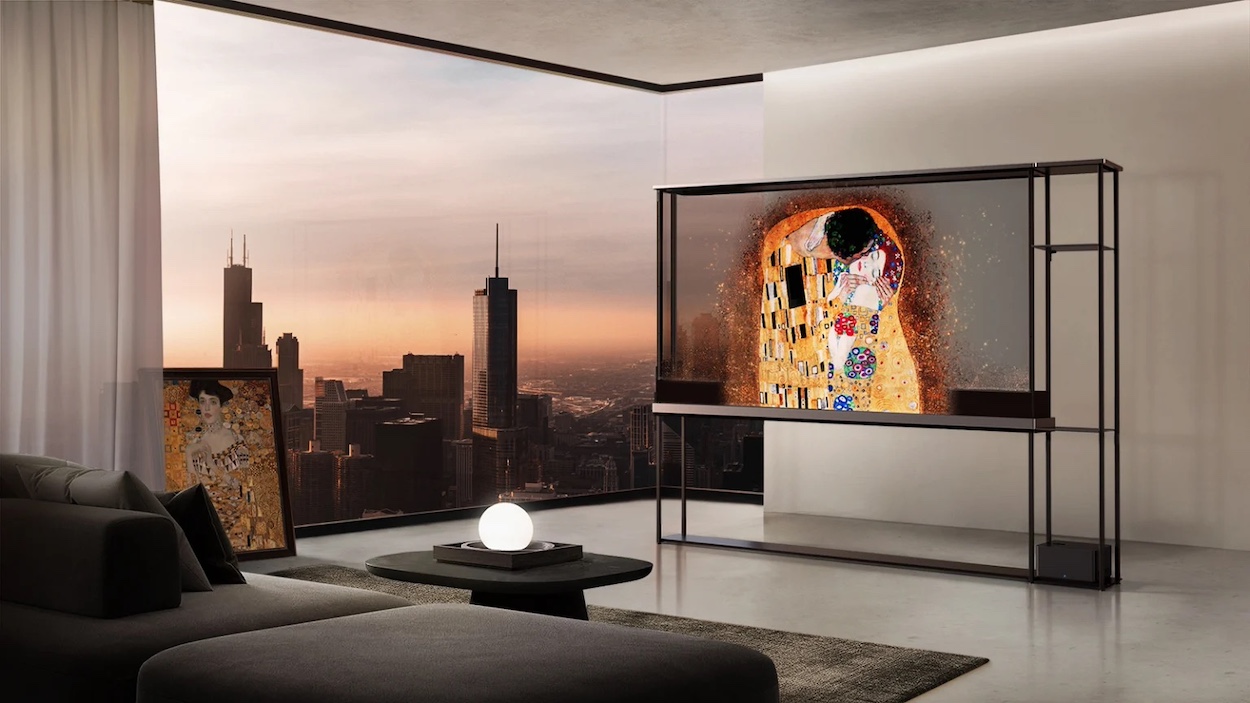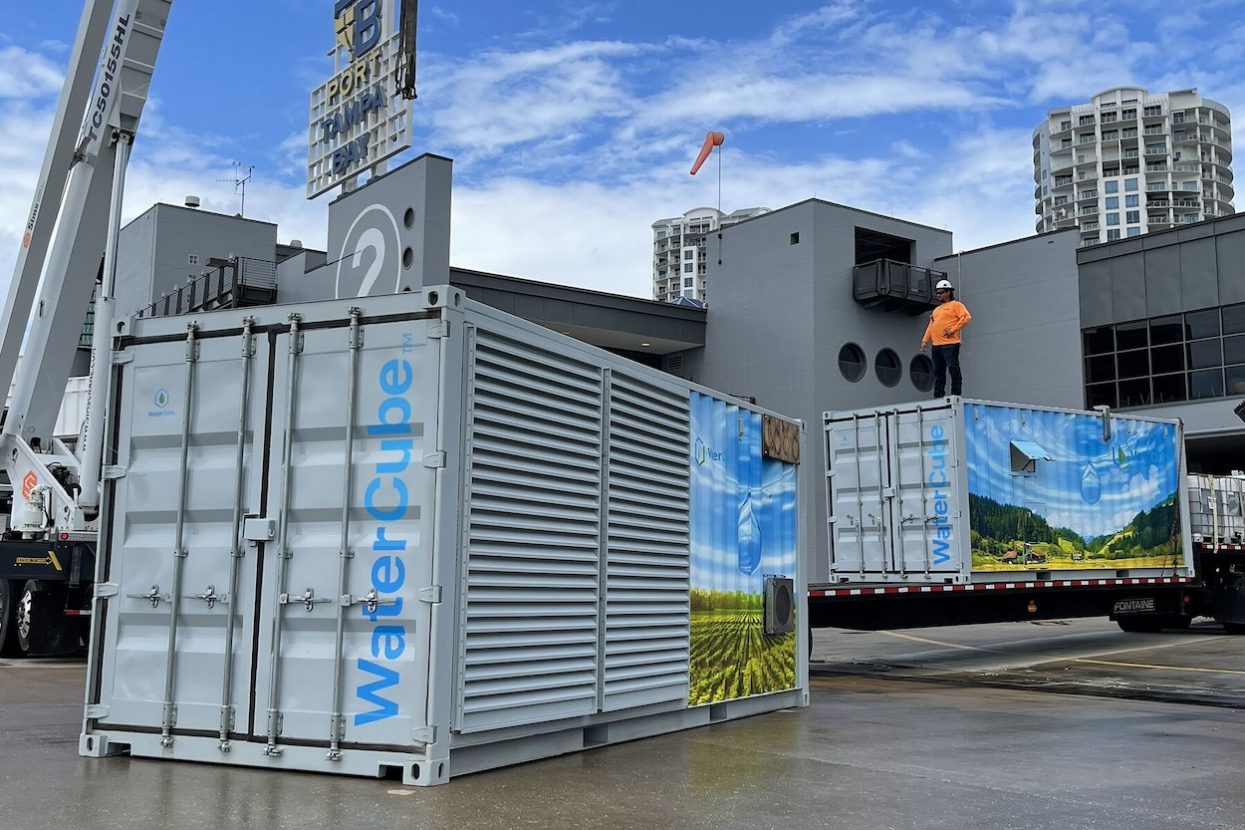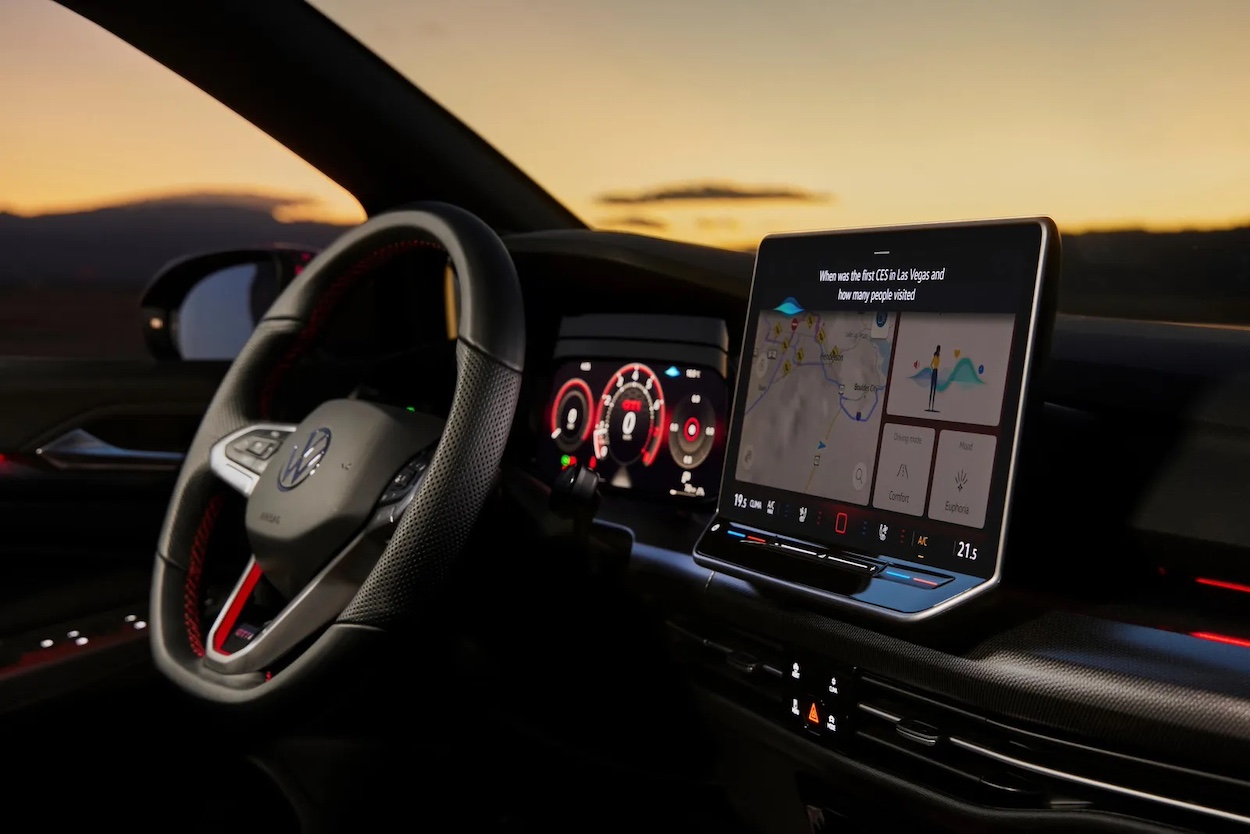Each year, technology companies prepare to unveil their most outlandish experiments at the Consumer Electronics Show (CES) in Las Vegas. The wall-to-wall array of zany gadgets, which range from vertical meat grillers to baby cry translators, instills wonder about what the future holds for consumer technology. Gawking aside, most of the innovations never hit shelves—but that’s part of the fun. At CES, companies focus on pushing the envelope and tickling the imagination rather than hashing out price points and production. This year’s convention has no shortage of innovation. As expected, AI makes a major showing and is being incorporated into just about everything and scientific advances are paving the way for eco-friendly innovations. Read on for the biggest trends to know.
Transparent TVs and AI Everywhere: The Biggest Revelations at CES
At the annual Consumer Electronics Show, AI makes a major showing, companies push the envelope with green technology, and see-through screens forecast the not-so-distant future of displays.
BY RYAN WADDOUPS
January 11, 2024

Transparent Displays
Prototypes of transparent TVs have been teased on the CES floor for years, but LG makes a compelling case for making your living room into a makeshift scene from Minority Report. The OLED Signature T demoed at CES may not be final and lacks the brand’s Micro Lens Array technology for optimal brightness, but the 77-inch display is impressively crisp with dazzling depth effects that messed with one reviewer’s head. The Samsung MicroLED display’s sharpness and color also stuns. The technology might not be best for offices—no one needs coworkers spying on their screen from behind—but may upend retail design and relieve staffers from regularly restyling displays.

Green Technology
Major strides in tackling the environmental crisis tend to get overlooked in CES’s cluster of mind-bending futurism, but the monolithic WC-100 WaterCube from Genesis Systems is an interesting solution for drinkable water in arid climates—one writer says it tastes better than his Vegas hotel tap water. (At 600 pounds and a $20,000 price tag, this one still seems far off.) Unsightly solar panels may soon be a thing of the past thanks to inQs, whose solar technology resembles stained glass. It uses transparent silicon quartz—not opaque cells like traditional panels—to harness ultraviolet and infrared light.

AI Everywhere
There’s no greater metaphor for AI encroaching on every aspect of modern life than Microsoft updating its Windows keyboard with a button that summons Copilot—the device’s first design refresh in three decades. AI may soon power everything in your home from baby translators to vertical meat grillers, but what about pillows that silences snorers? Motion Pillow’s headrest identifies snoring sounds and slowly inflates to rotate one’s head and open airways. Meanwhile, high-tech vehicle touchscreens may be moving too fast for some, but not Volkswagen, which is integrating ChatGPT into its voice assistant for Tiguans, Passats, and Golfs. Ditto for Mercedes-Benz’s new CLA Model, which sports dashboard-wide screens with a generative AI assistant that eliminates the need to constantly summon it.